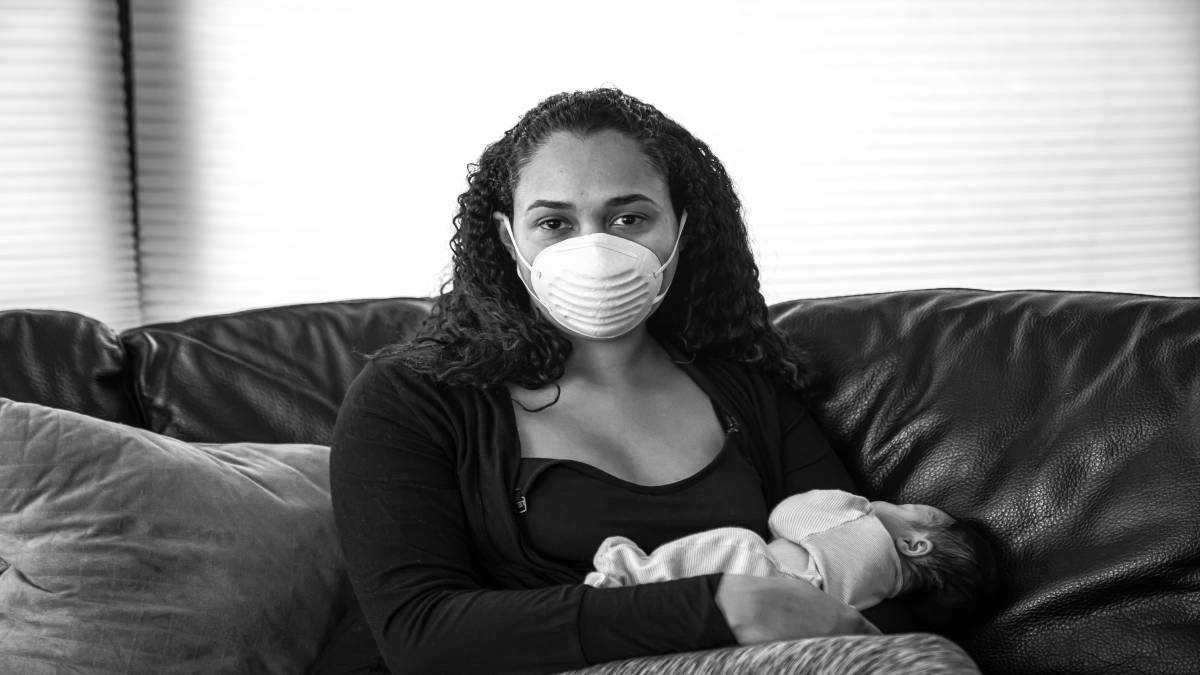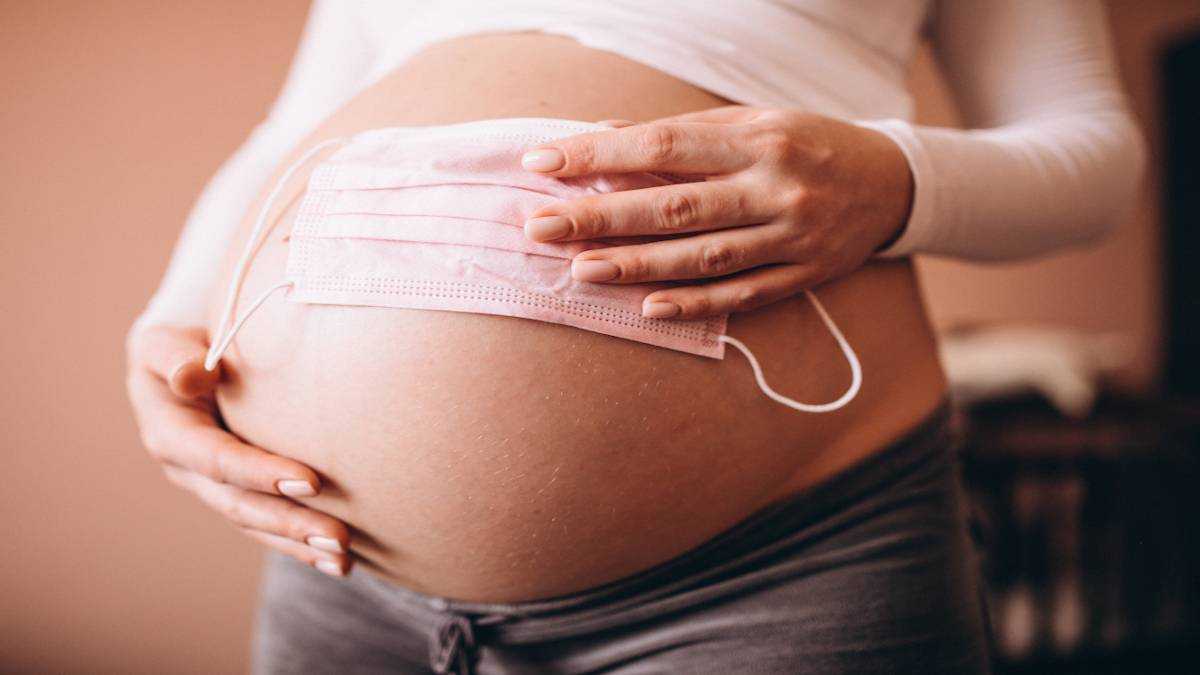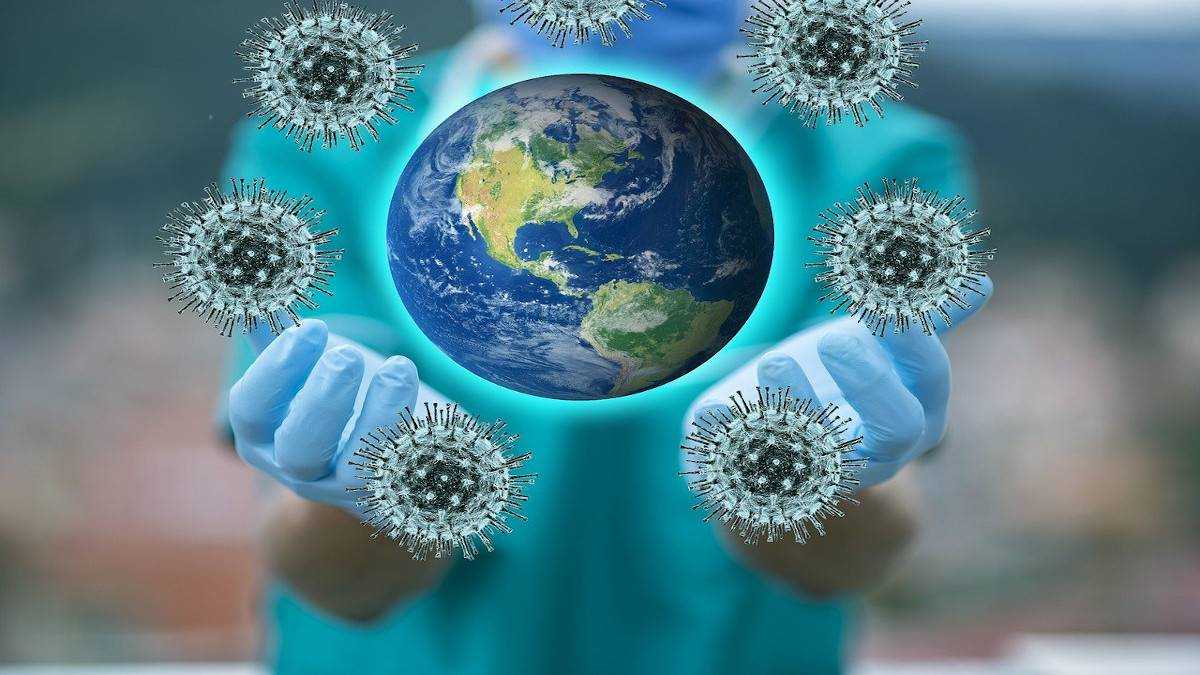The knowledge about the infection has been evolving rapidly. Initial research suggests that pregnant women diagnosed with coronavirus are not at high risk of morbidities.
What are the risks for pregnant women during coronavirus?
Like the general population, a vast majority of pregnant women infected with COVID-19 will be asymptomatic or have a mild course of the disease. Pregnant women who are acutely ill with the infection during the last three months of pregnancy or in labor are at the most risk of severe outcomes. Vertical transmission of the disease through the placenta is highly improbable.
Will coronavirus affect how you give birth?
Most hospitals are screening women near the due date with nasopharyngeal swabs to establish whether they are infected. However, this is not mandatory.
If you test negative, the labor and delivery process should proceed as usual. In some circumstances, you may become symptomatic after testing negative. In such situations, women would be treated with the presumption that they are positive for COVID-19.
Even if a woman tests positive for COVID-19, cesarean birth is not mandatory. While caesareans are noticeably more common during the coronavirus, women can also give birth vaginally, especially if her general condition is good. If there are other reasons for a cesarean section, it should be carried out. COVID-19 by itself would be an indication to deliver by cesarean section if the mother’s respiratory system is compromised and the general condition is poor.
You must keep your options open to help you adapt to the requirement based on the situation. One cannot always predict what kind of delivery one will have during COVID-19 or otherwise.
Precautions to take after delivery
Some guidelines to follow are:
- Breastfeed your baby. Breast milk is an excellent source of nutrition for the baby, and it also helps the body in producing antibodies to fight infections in general.
- Hands should be washed properly before touching the baby, your breasts, pumps, the baby’s items, etc.
- Avoid coughing and sneezing near your baby. Ensure those around do the same.
- Wearing a face mask while breastfeeding the baby is advisable.
- Ensure that your family members and those helping you take care of the baby wear masks and ensure hand hygiene.
- Consult your doctor and discuss all the steps you need to take and those that you need to avoid to avoid the risk of infection to the baby.
The baby is at a higher risk of getting infected after birth as compared to before birth. It is thus advised that you take care of hygiene and exposure to your baby.
Special Thanks to Dr. Parikshit Tank (MD, DNB, FCPS, DGO, DFP, MNAMS, FICOG, FRCO) for the expert advice.







